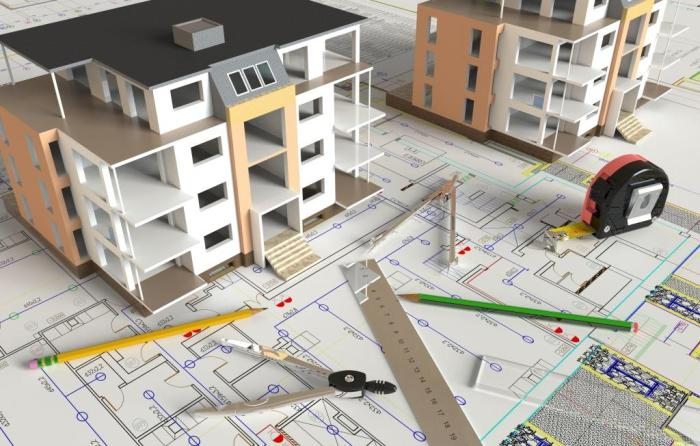Table of Content
▲
It is a great dream of people to buy a beautiful home; here are some vital things for an investor that needs to know rather than buying a house.
Step 1: Budget
An appropriate budget plan is a must -know like how much funds will be left per month to come across your expenditures. Keep in mind that your first property will not often be your ultimate property, thus look after your current property achieving requirements first, and allow the longstanding take care of itself. You must have surety that the property you are obtaining will content your current needs and comes within your exact budget. As a property investor, knowing your family’s current major requirements will assist you to take the right decision.
Step 2: Location
It is crucial to select a better look at the place and the locality. It is best to find a location neighboring to the major site of your town so that the rate is not that high. The place will also have a great influence on the resale price of your home. Opt for carefully and your home might be your good investment.
Step 3: Rental rates in the area
If you have a good plan about capitalizing in a rental property, homes in high-rent or extremely inhabited spaces are perfect. Understanding the leasing amount in the region assists you to opt for the best property and site.
Step 4: Better Resale Value
Resale sale Value is an imperative thing to reflect rather than you plan to capitalize or purchase a property. Property investors never contemplate resale value when they purchase. They make the blunder of concentrating only on a major locality or the budget of the property. If you opt for the wrong property or site, it is likely that your future sales price will every time be less than the other homes all over the place it.
Step 5: Loan eligibility
Home loan eligibility relies upon the refund capacity, income, current loans or amount overdue and age of the loan applicant. The loaning company or banks offer online services like home loan eligibility calculator to gauge loan eligibility of the home loan debtor. The higher loan that can be approved varies with the banks and the eligibility measures might differ as per to the bank or RBI rules. As home loan rates surge, the loan eligibility for a debtor becomes inflexible.
Step 6: Stamp Duty & Registration Fee
This is an imperative expenditure or tax, as like the sales tax and income tax that is gathered by the Government. When you are planning your budget for property buying and choosing to invest a property, you must have to know the rate and charges related in your town. If you want to know the market value of your property and the stamp duty charge on it, you have to keep in touch with the Ready Reckoner to find your assessment zone and sub-zone. Locate the stamp duty amount related to you according to the market value.
Step 7: Additional Costs
However, if this isn’t your first home buying experience, you just need to take support from a team of specialists. Charges or service fees by real estate service providers, moneylenders or mortgage brokers, home inspector, land inspector, lawyer or notary and must be measured. Find out how much is the upkeep charge. The car parking is offered and do you have to pay further for it. If your earlier proprietor did not have a vehicle, talk to the secretary of the society and ask for a parking space lot.
Step 8: Property insurance
Property insurance safety measures your monetary future if assured injuries happen to your property. The rate is comparatively low and offers coverage in case of glitches with the property title, several damages or any legal concern. There are lots of various home insurance policies to opt from, with changeable levels of safeguard. When coming to the right decision to defend your major properties, it is vital to have a resource you may believe.
Opting for the right house insurance defends your property and makes the procedure of buying easy and hassle-free.






_1752219110.webp)


_1771582392.webp)
_1771577585.webp)